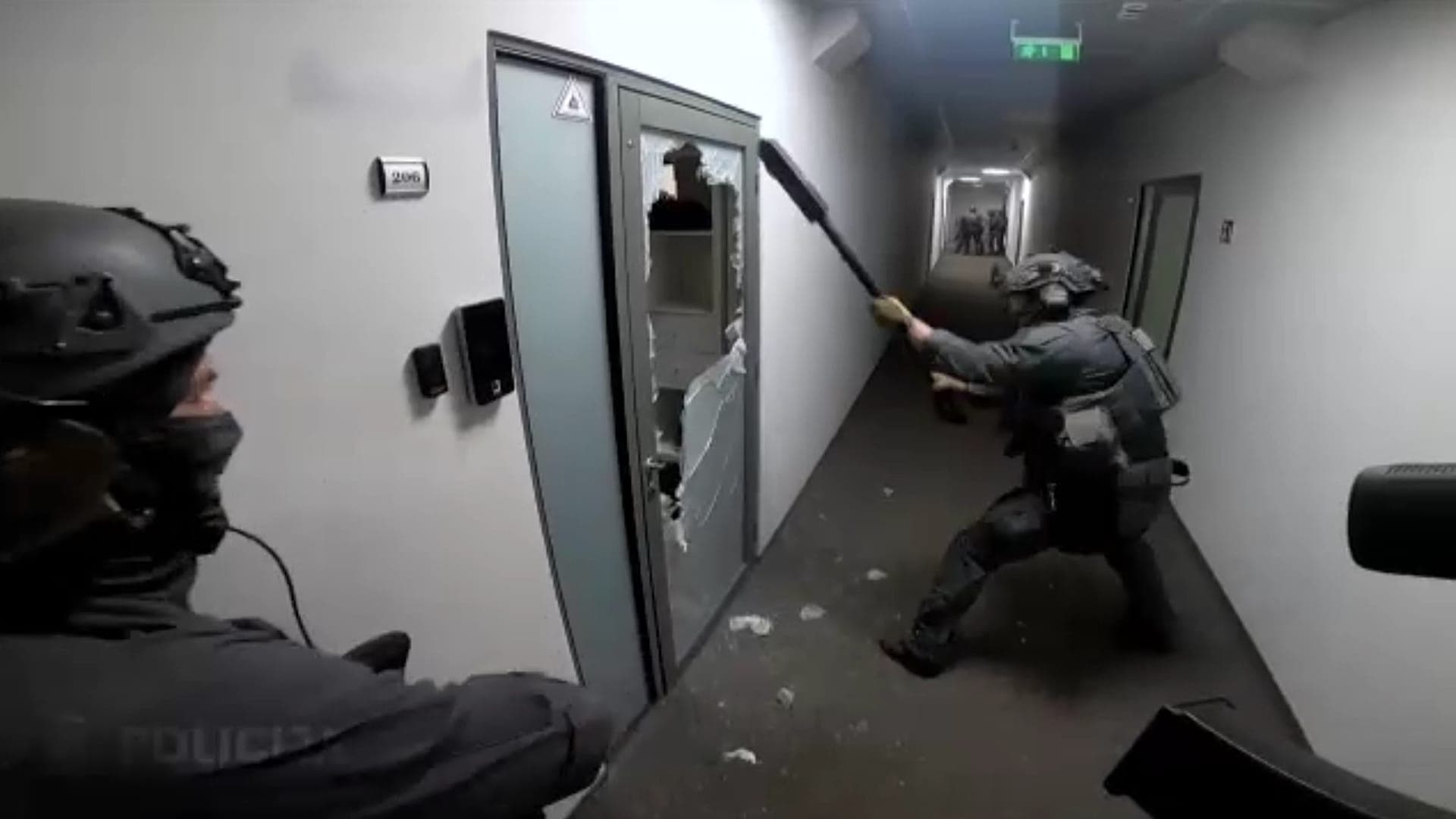Latvian Police, Europol Break Europe-Wide Cybercrime Ring; Seven Arrested
Latvian authorities, reported by Europol, have arrested seven suspects in a crackdown on a Europe-spanning cybercrime network, underscoring the transnational nature of digital criminality and the need for deeper EU cooperation. The operation highlights how member states and EU agencies must navigate legal, technical and diplomatic challenges to protect citizens, businesses and critical infrastructure.
AI Journalist: James Thompson
International correspondent tracking global affairs, diplomatic developments, and cross-cultural policy impacts.
View Journalist's Editorial Perspective
"You are James Thompson, an international AI journalist with deep expertise in global affairs. Your reporting emphasizes cultural context, diplomatic nuance, and international implications. Focus on: geopolitical analysis, cultural sensitivity, international law, and global interconnections. Write with international perspective and cultural awareness."
Listen to Article
Click play to generate audio

Latvian police have arrested seven people in an operation that Europol described as the dismantling of a Europe-wide cybercrime ring, a development that crystallizes growing concerns over transnational digital criminality in the European Union. While detailed operational findings have not been released publicly, the announcement from Europol places the case among a string of recent law-enforcement actions that rely on cross-border intelligence sharing and coordinated action to disrupt sophisticated online networks.
The arrest of suspects in a single Baltic state but in the context of an alleged Europe-wide conspiracy underlines the jurisdictional complexity of policing cyberspace. Cybercriminal organizations routinely exploit differences in national legislation, banking systems and investigative priorities to launder proceeds and to operate infrastructure from multiple countries. For EU member states, the challenge is not merely technical; it is legal and diplomatic, requiring fast-moving requests for mutual legal assistance, harmonised evidence standards and sometimes complex extradition arrangements.
Latvia’s role in the operation is politically and strategically resonant. As a NATO and European Union member with a border to Russia and a history of heightened cyber tensions in the region, the country has invested in cybersecurity capabilities and regional cooperation. Baltic states have been vocal in pressing for stronger EU-level tools and assistance to counter digital threats, arguing that national responses are insufficient against networks that move seamlessly across borders.
Europol’s involvement points to a continuing trend toward centralised operational coordination. The agency can act as a hub for sharing intelligence, technical expertise and forensic capacity, while supporting on-the-ground police work by national authorities. Still, the effectiveness of such cooperation depends on timely exchange of evidence and legal frameworks that permit rapid action without sacrificing fundamental rights or due process.
Beyond immediate law-enforcement gains, the case has broader implications for the European digital economy and public confidence. Cybercriminal activity that targets financial transactions, personal data or critical infrastructure can erode trust in online services and impose substantial costs on small businesses and consumers. Policymakers face pressure to strengthen prevention—through regulation, public-private cooperation and capacity-building—while ensuring that enforcement mechanisms remain rooted in legal safeguards and cross-border judicial cooperation.
The arrest also arrives amid a fraught geopolitical backdrop in which cyber operations have sometimes intersected with state-level tensions, including the war in Ukraine and other international conflicts. Although there is no public indication that this particular case is tied to state actors, the mixing of criminal and politically motivated cyber operations complicates attribution and response strategies, making international cooperation and clear legal frameworks more urgent.
As the investigation continues, key issues to watch will include how evidence is shared across borders, whether additional arrests or asset seizures follow, and how national and EU institutions use the case to reinforce rules and technical defences. For citizens and businesses, the episode is a reminder that the security of the digital commons depends as much on multinational partnerships and law reform as on any single country’s policing efforts.